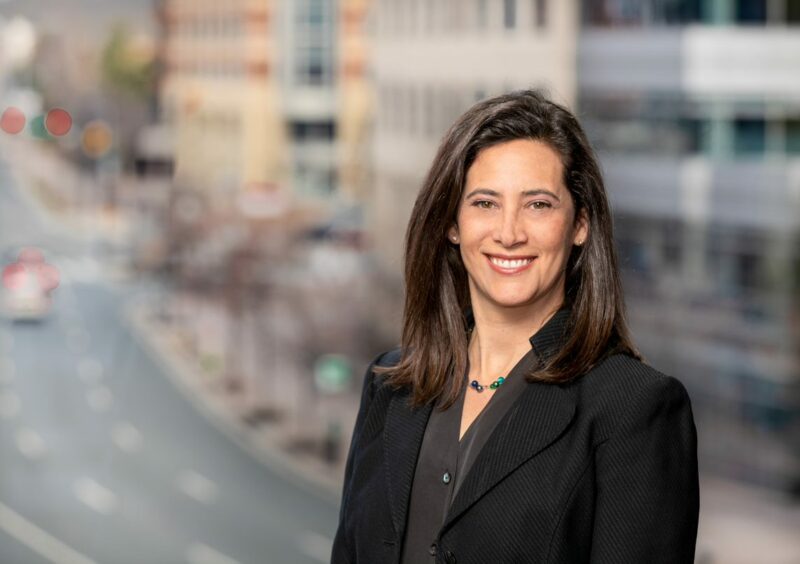
The finalists for WashingtonExec’s Chief Officer Awards were announced March 25, and we’ll be highlighting some of them until the event takes place live, in-person May 11 at the The Ritz-Carlton in McLean, Virginia.
Next is Chief Ethics and Compliance Officer (Public company) finalist Deborah Ringel, who’s general counsel and chief ethics and compliance officer at Accenture Federal Services. Here, she talks shaping the next generation of industry leaders, learning from failures, career advice and more.
What are you most proud of having been a part of in your current organization?
I am proud to be part of a team that is so focused on making change matter for our U.S. government clients and in our own workplace. Whether we are solving a pressing challenge that has national impact for a federal agency, or finding new ways to strengthen our internal culture — we approach every opportunity with creativity, collaboration and empathy.
As we continue to grow as an organization, I am proud of our increased commitment to advancing inclusion and diversity initiatives, cultivating a new generation of leaders and providing meaningful opportunities in the workplace for all of our employees.
How do you help shape the next generation of government leaders/industry leaders?
At Accenture Federal Services, we focus on ensuring that our people feel respected and empowered to raise a hand, address any issue and make the right decision. By establishing a culture where everyone is encouraged to bring their whole self to the workplace, contribute and listen thoughtfully, we are cultivating a generation of leaders who are prepared to lead with empathy, individuality and respect.
What’s one key thing you learned from a failure you had?
Earlier in my leadership career, I took an emotional intelligence self-assessment and scored shockingly (to me) low. In the scoring rubric, I saw that while I was seeking to create connections with others, I was not being vulnerable. In essence, I was listening, but not sharing my personal experiences, feelings and struggles.
Since then, I have worked to create an open environment grounded in vulnerability and transparency to create authentic connections. Leading an ethics and compliance program can be rules-oriented, it’s important to create a culture where people feel comfortable sharing their inputs, raising issues and speaking up. To do this effectively, I must be willing to model vulnerability and strengthen relationships by both listening and sharing.
What’s your best career advice for those who want to follow in your footsteps?
My advice is: Don’t follow in anyone’s footsteps! My career path has been surprising, circuitous and true to my interests, ability and capacity at any given time — and your path should be true to yours. What I can say is that success doesn’t come from doing the same thing over and over, even if you get better at it.
Take risks, be flexible, own what you don’t know and put in the work to learn something new, and deliver on what you commit to. Make it a priority to learn in each role and to learn from others — coming out of a meeting or an experience with a different mindset that you had going in is valuable growth.
Finally, while you’re focusing on your career, remember to place a focus on others as well by being kind, respectful and civil.
Looking back at your career, what are you most proud of?
I am most proud of earning the trust of people that I respect. Throughout my personal career journey, I have had the privilege of partnering and collaborating with a variety of dedicated professionals, and I’m honored each time I have the opportunity to be a trusted adviser. It means I’m not only bringing knowledge and legal skill, but others know that I will listen to them and work to find a solution.

